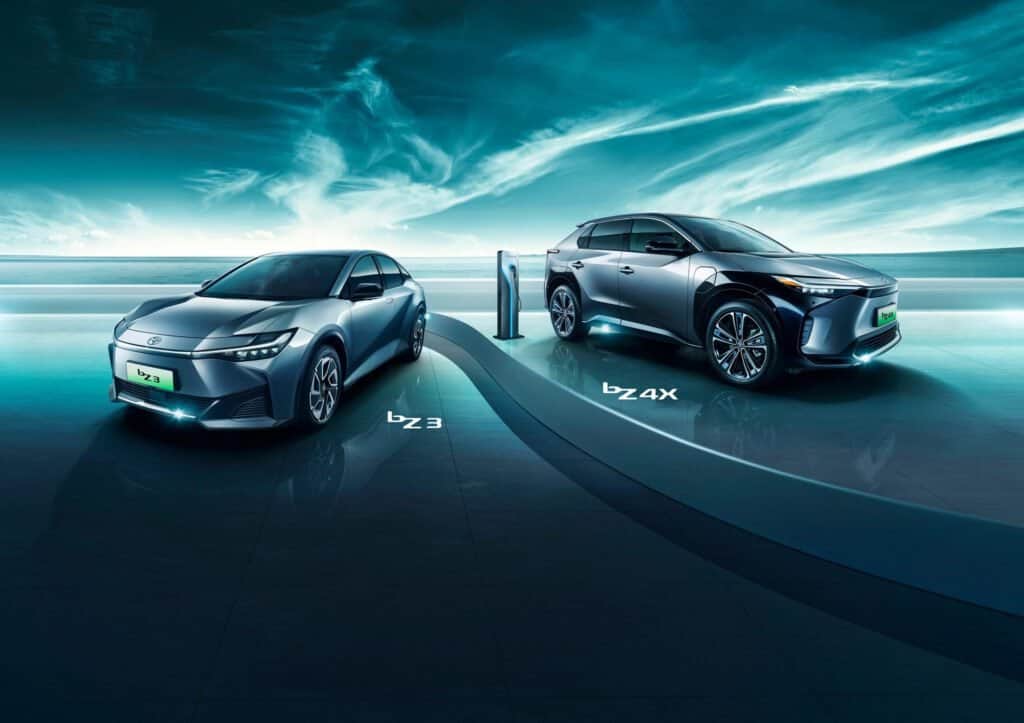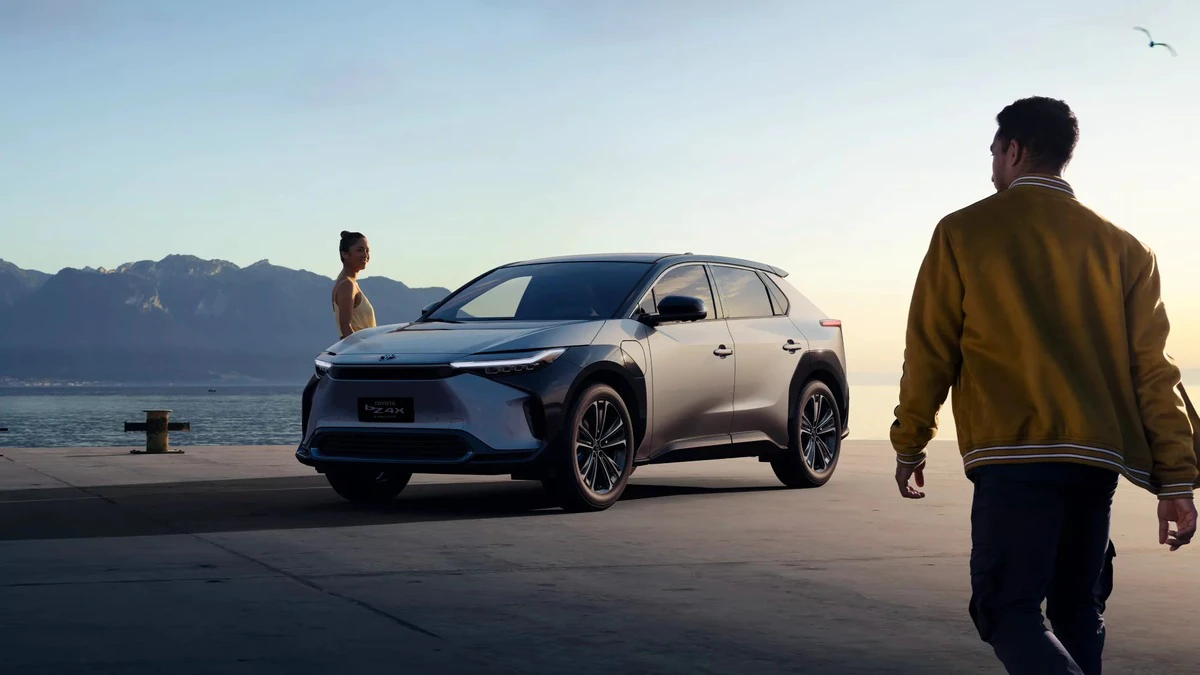As the global automobile industry pivots towards electric vehicles (EVs), Toyota, the Japanese automotive giant, continues to march to the beat of its own drum. Despite the growing popularity of EVs, Toyota has steadfastly adhered to its unique strategy of focusing on hydrogen and hybrid vehicles.
Toyota’s Chairman Forecasts a Maximum of 30% Market Share for Battery Electric Vehicles
Akio Toyoda, the Chairman and former CEO of Toyota has made his stance clear on the future of the auto industry. According to Toyoda, who stepped down as CEO in April but remains on the company’s board, electric vehicles will only command up to 30% of the market share, regardless of the advancements in battery electric vehicles (BEVs).
Toyoda’s prediction suggests that the remaining 70% of the market will be dominated by hybrid electric vehicles (HEVs), fuel cell electric vehicles (FCEVs), and hydrogen engines. “And I think engine cars will definitely remain,” Toyoda stated, underscoring his belief in the enduring relevance of combustion engines.

This viewpoint comes even as several countries are already nearing or have surpassed the 30% market share for electric vehicles. These include Sweden with 32%, the Netherlands with 24%, and China, the world’s largest auto market, also with 24%.
The company’s active lobbying against electric vehicles has further solidified Toyota’s unconventional stance. While most of its competitors are transitioning to EVs, Toyota has remained committed to its hydrogen and hybrid strategy.
According to a report from Torque News, Toyota is adopting a multi-pronged approach to reducing emissions, which includes fully electric cars, hybrids, and hydrogen cars. This approach was evident when Toyota developed a trial hydrogen-engine vehicle licensed for public road use in Japan, marking a significant step in the development of hydrogen-powered vehicles.
Moreover, Toyota revealed a prototype of a hydrogen fuel cell electric Hilux, reflecting the company’s wider European strategy to leverage hydrogen technology. The company is focused on regions with higher hydrogen production and demand to reduce costs and strengthen partnerships.
Toyota’s commitment to hydrogen technology extends beyond passenger cars as it aims to achieve carbon neutrality and help realize a carbon-neutral hydrogen economy. As part of its efforts to reduce CO2 emissions, Toyota positions hydrogen as an important fuel for achieving carbon neutrality.
In conclusion, while the global auto industry seems to be swaying towards EVs, Toyota’s contrarian approach presents an alternative vision for the future of mobility. It remains to be seen how this hydrogen and hybrid strategy will fare in the coming years.
via Bloomberg

